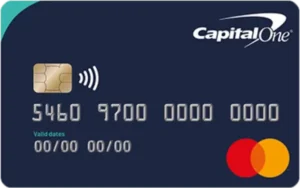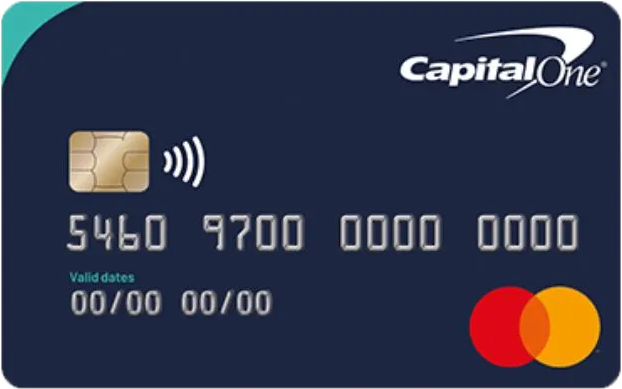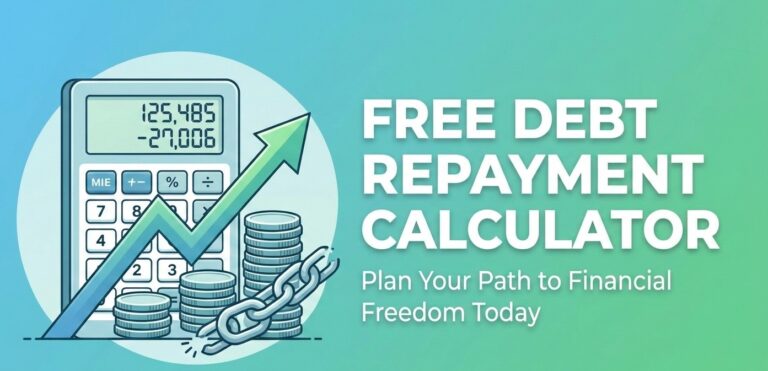Understanding your credit report is crucial for managing your financial health. It’s a detailed record of your borrowing and repayment history, used by lenders to assess your creditworthiness. In the UK, you have a legal right to access your credit report for free. This guide will walk you through exactly how to do it.
The UK’s Three Main Credit Reference Agencies
There are three primary Credit Reference Agencies (CRAs) in the UK that compile and hold your credit information:
- Experian
- Equifax
- TransUnion
Each agency holds slightly different information, as lenders may report to one or more of them. Therefore, it’s a good idea to check your report with all three to get a comprehensive view of your credit file.
Your Right to a Free “Statutory Credit Report”
Under the Consumer Credit Act (1974) and the General Data Protection Regulation (2018 – GDPR), all CRAs are legally obligated to provide you with a free copy of your credit report, known as a Statutory Credit Report. This report contains the basic information about your credit history.
While many companies offer free credit scores or trial periods for more comprehensive services, the statutory report is the fundamental, free entitlement. Be aware that these free statutory reports typically do not include your credit score or other educational features often found in paid services.
How to Get Your Free Statutory Credit Report from Each CRA
Here’s how to request your free statutory credit report from each of the main CRAs:
1. Experian
Experian offers a free basic account that allows you to view your credit score and sometimes parts of your report. For a full statutory report:
- Online: You can request your statutory credit report directly from Experian’s website without having to create an account. Be aware that, unlike some other agencies, Experian may send a passkey to you in the post (within five working days) to access your online report, rather than providing instant access. https://www.experian.co.uk/consumer/statutory-report.html
- By Post: You can download an application form from the Experian website, fill it out, and mail it to: Experian Ltd, Customer Support Centre, PO Box 8000, Nottingham, NG80 7WF.
2. Equifax
Equifax makes it relatively straightforward to get your statutory credit report:
- Online: Register online with Equifax (or log into your myEquifax account). You’ll typically need to enter personal details, create an account, and verify your identity. Once registered, you can access, view, download, and print a PDF copy of your statutory credit report. This report is updated daily upon login. https://registration.my.equifax.co.uk/#/personal-info?product=10134
- By Post: Download the paper application form from the Equifax website, fill it out, and mail it to: Equifax Ltd, Customer Service Centre, PO Box 10036, Leicester, LE3 4FS. A postal copy should be sent to your address within a calendar month.
3. TransUnion
TransUnion also provides a free statutory credit report:
- Online: You can request a copy of your statutory credit report online via their dedicated statutory report portal (https://www.transunionstatreport.co.uk/CreditReport/AboutYou). You’ll need to provide your personal details and address history.
- By Post: Download the request form from the TransUnion website and send it to: TransUnion Consumer Services Team, PO Box 647, Unit 4, Hull, HU9 9QZ.
Other Free Services (with CRA Data)
Beyond the statutory reports, several other platforms partner with the CRAs to offer free, ongoing access to your credit score and sometimes your full report:
- Credit Karma (uses TransUnion data): Offers free access to your TransUnion credit report and score, updated monthly. It also provides tools such as email alerts to help you understand and improve your credit.
- ClearScore (uses Equifax data): Provides free access to your Equifax credit score and report, with regular updates and insights.
- TotallyMoney (uses TransUnion data): Offers a free credit score and report, updated when you log in, along with tips for improvement and eligibility tools for credit products.
- MoneySavingExpert Credit Club (uses TransUnion data): Gives you free access to your TransUnion credit score and report, plus a unique “Eligibility Rating” and “Affordability Score.
- Experian (free account): While the full statutory report requires a separate request, Experian also offers a free basic account that provides your Experian Credit Score, updated monthly, and some limited report information.
These services can be very useful for regularly monitoring your credit without having to repeatedly request statutory reports. They often come with additional features like credit score tracking, personalised tips, and alerts for significant changes.24
What Information Will Your Credit Report Contain?
Your credit report generally includes:
- Personal Details: Your name, date of birth, and current and previous addresses.
- Electoral Roll Information: Whether you are registered to vote at your address(es).
- Credit Accounts: Details of credit cards, loans, mortgages, overdrafts, and even mobile phone contracts and some utility accounts. This includes account balances, credit limits, and payment history (whether payments were made on time or missed).
- Public Records: Information from public sources like County Court Judgments (CCJs), bankruptcies, and Individual Voluntary Arrangements (IVAs). These typically stay on your report for six years.
- Financial Connections: Details of anyone you’re financially linked to through joint accounts or applications. Their credit history might be considered by lenders when assessing your application.
- Searches: A record of organisations that have accessed your credit report (e.g., when you apply for credit). “Soft searches” (like checking your own report) are typically not visible to lenders and don’t affect your score. “Hard searches” (made during credit applications) are visible and can temporarily impact your score.
Why Check Your Credit Report?
Regularly checking your credit report is essential for several reasons:
- Accuracy: To ensure all information is correct and up-to-date. Errors can negatively impact your creditworthiness.
- Fraud Detection: To spot any fraudulent activity or accounts opened in your name without your knowledge.
- Understanding Your Credit: To gain insight into how lenders view you and identify areas for improvement.
- Preparation for Applications: To know your credit standing before applying for mortgages, loans, credit cards, or even rental agreements, increasing your chances of approval. This is even more important when you are preparing to apply for a mortgage.
Correcting Mistakes on Your Credit Report
If you find an error on your credit report, it’s crucial to get it corrected. You can raise a dispute directly with the CRA that holds the incorrect information. They have a duty to investigate and rectify any inaccuracies.
By utilizing your legal right to a free statutory credit report and leveraging the various free services available, you can stay informed about your credit history and take control of your financial future in the UK.










